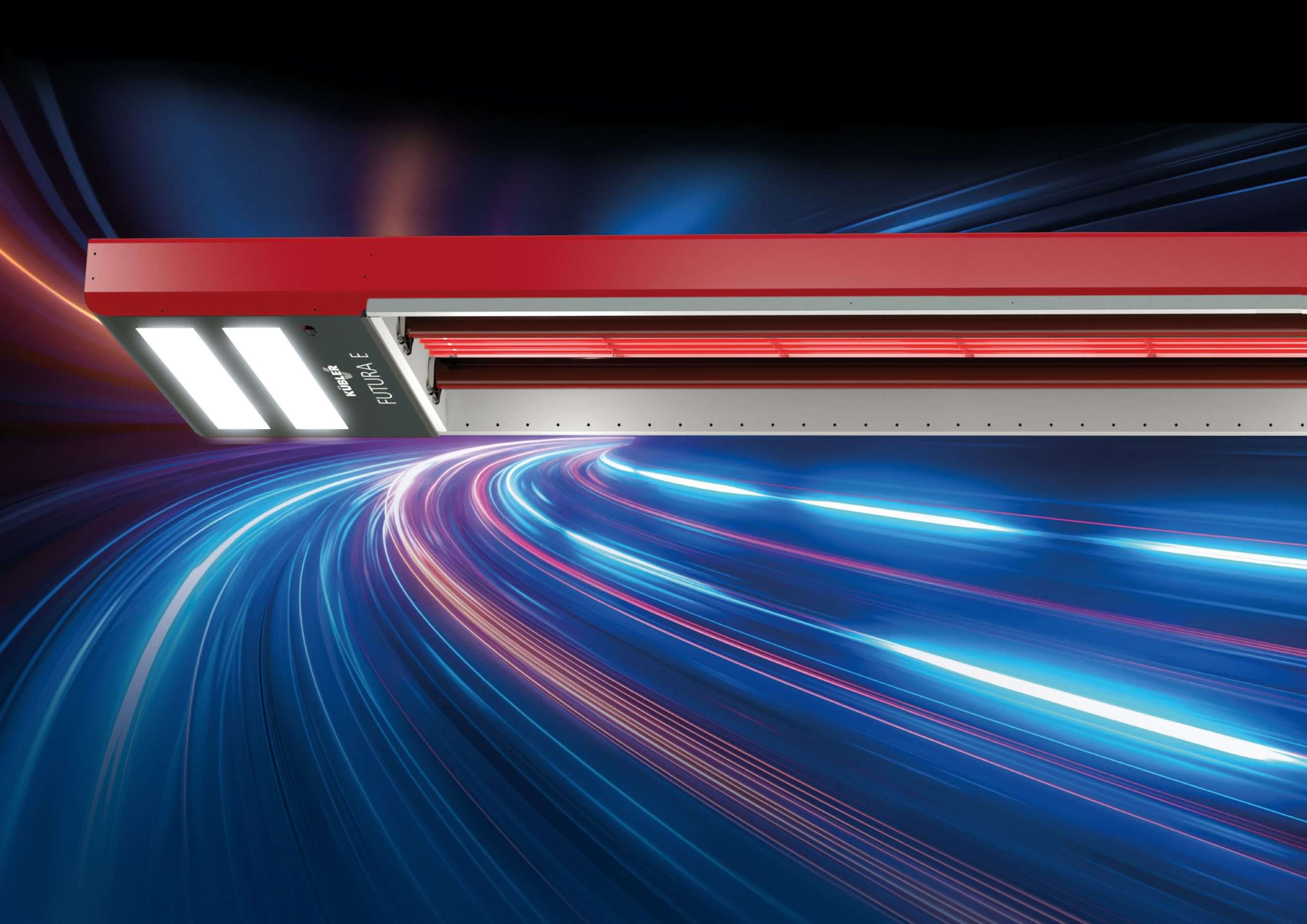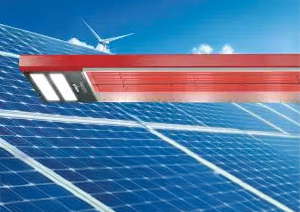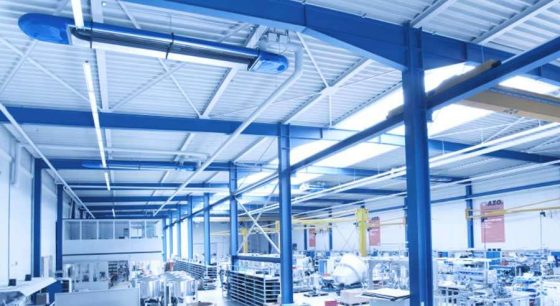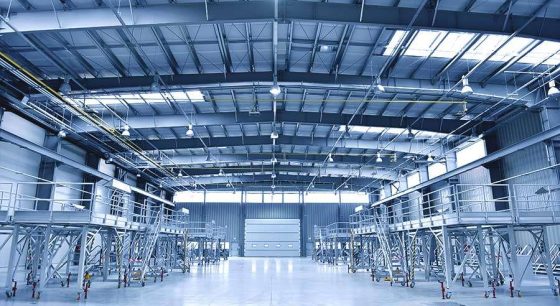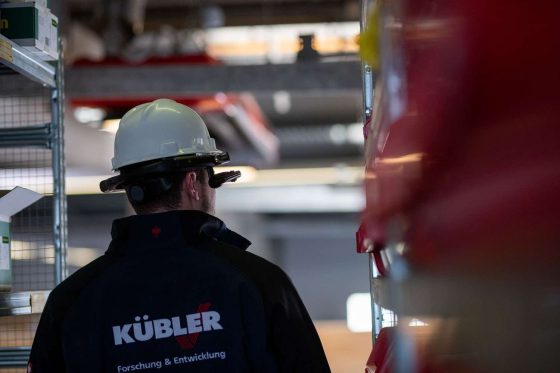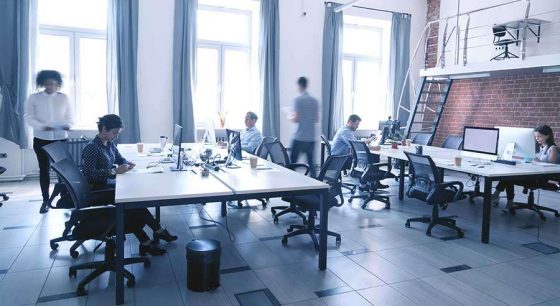Heating halls with 65 percent renewable energy - but the right way
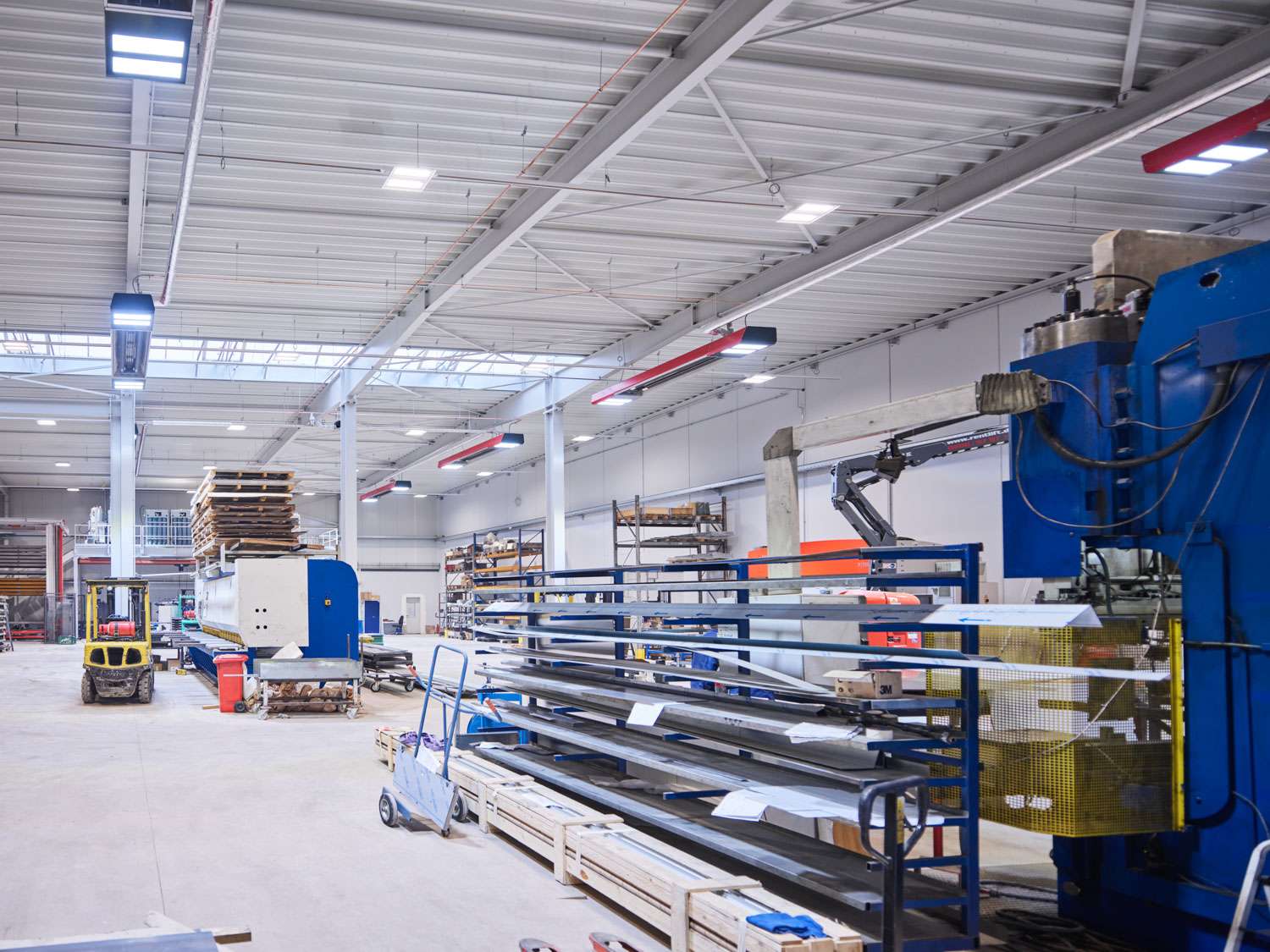
What is the concept paper "65% renewable energies for the installation of new heating systems from 2024" about? And what does this have to do with the refurbishment of existing heating systems in hall buildings? In this concept paper, the German government plans to make the use of 65% renewable energies mandatory from 2024. In addition, the maximum operating time of heating systems powered purely by fossil fuels is to be shortened from 2026. This means that heating systems will have to be replaced when they are 20 years old.
What does it mean for you and other operators of hall buildings if this concept paper is implemented? From our point of view as experts in sustainable hall heating, there are three options:
Option 1: Replace your existing heating system in 2023 with one of KÜBLER's proven energy-saving systems, use condensing boiler technology where it makes sense, but save yourself the additional costs of a hybrid multi-energy system first.
Result: In our experience, the modernization measure will reduce your heating energy consumption by 50 to 70 percent. This leads to a considerable reduction in CO2-footprint and your consumption costs, so that the investment usually pays for itself in two to three years. In the future, you can easily adapt the new heating system as soon as hydrogen is available in sufficient and affordable quantities.
Option 2: You opt for the high-efficiency system from KÜBLER, thus taking advantage of the hydrogen option and the possibility of upgrading the heating system at any time and easily with the retrofit kit for electricity or PV use. As a result, you can expect the same benefits as shown in option 1.
Option 3: You invest directly in CO2-freedom with a multi-energy system from KÜBLER that allows you to use different renewable energy sources such as electricity or hydrogen as well as gas or biogas variably - in a mix or alternatively.
The bottom line is that this option gives you the freedom to rely on your own PV power immediately, for example, and thus achieve a degree of energy self-sufficiency. Active energy management via the control system allows you to reduce heating costs and CO2-emissions are scalable when using different energy sources - what progress!
To summarize: it has never been so easy to implement the transformation to the carbon-free era in your hall buildings. And under economic conditions. This is because the investment is comparatively low - it is around 3 times lower than for heat pumps, for example. If you also use the lucrative HeizWerk rental model, you benefit from ultra-modern and highly functional hall heating technology even off-balance - i.e. without your own investment and depreciation costs. At the same time, your consumption costs will be reduced so significantly (usually by 50 - 70 percent) that you will have a cost advantage even when renting.
By the way: The innovative multi-energy system was awarded the special prize "Innovative technologies for climate protection" at the SUCCESS technology competition at the end of 2022 and has been nominated for the German Innovation Award in 2023.
-
Heating industrial and event halls economically and flexibly: radiant heaters are ideally suited for this job. An overview of how they work, types and possible applications.
-
Hot air, panel heating or infrared? There are many different heating systems to choose from for heating halls. This article will give you an initial overview of the six most relevant systems.
-
New gas heating quickly in 2023 - often the cheapest decision that also pays off for the environmentThe BMWK is currently causing a stir with a draft bill. This is because it involves a categorical ban on gas heating systems. According to the plan, from 2024, only heating systems powered by 65 % renewable energies may be used. Formally, this can only be heat pumps, district heating or biomass heating. This raises the question: what about the openness of technology in Germany? And who should pay for it? Decentralized gas-powered heating systems are often the only economically and functionally viable solutions, especially in hall buildings.
-
Almost all machines produce waste heat. Compressed air systems or curing ovens are at the forefront here, with enormous heat emissions. However, this usually dissipates unregulated in the building, which is annoying. On the one hand for the environment, but above all for business management. This is because a lot of energy is wasted in this way, which has to be paid for expensively elsewhere.
